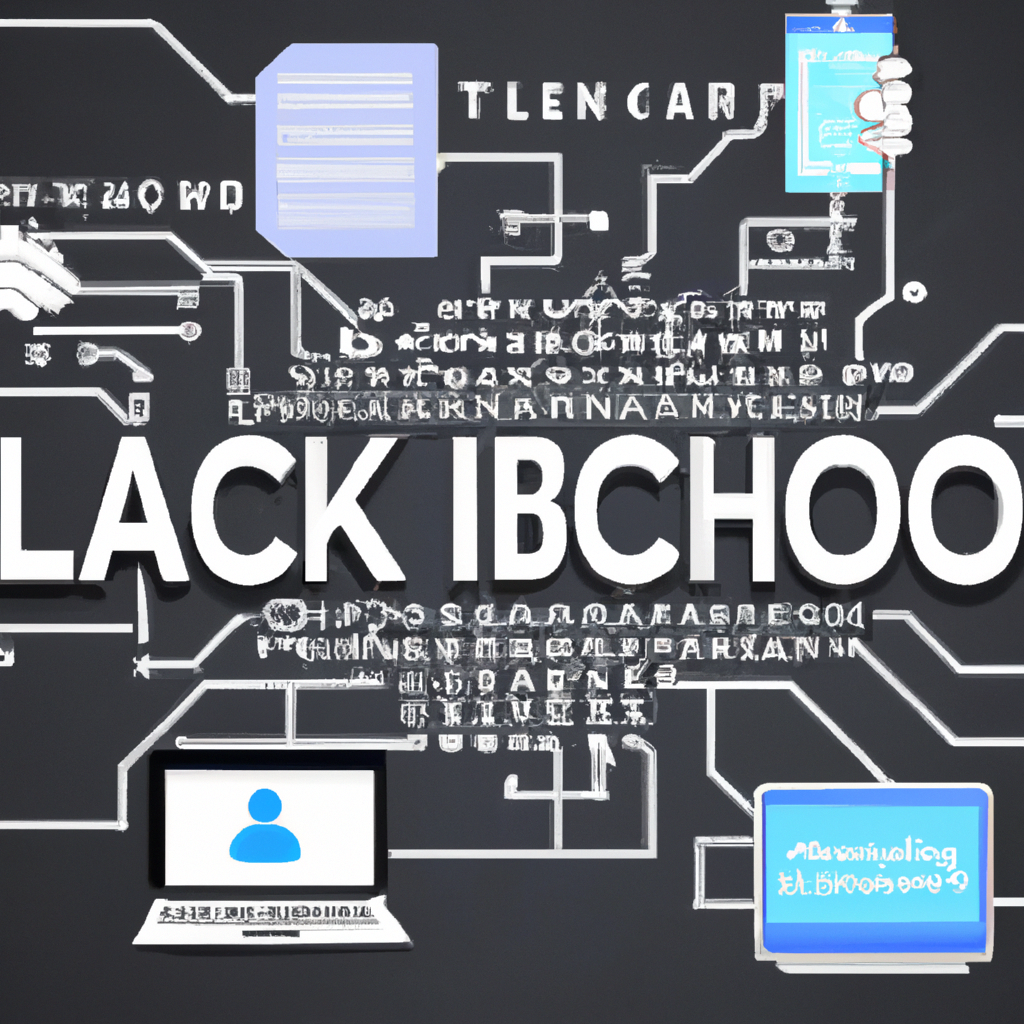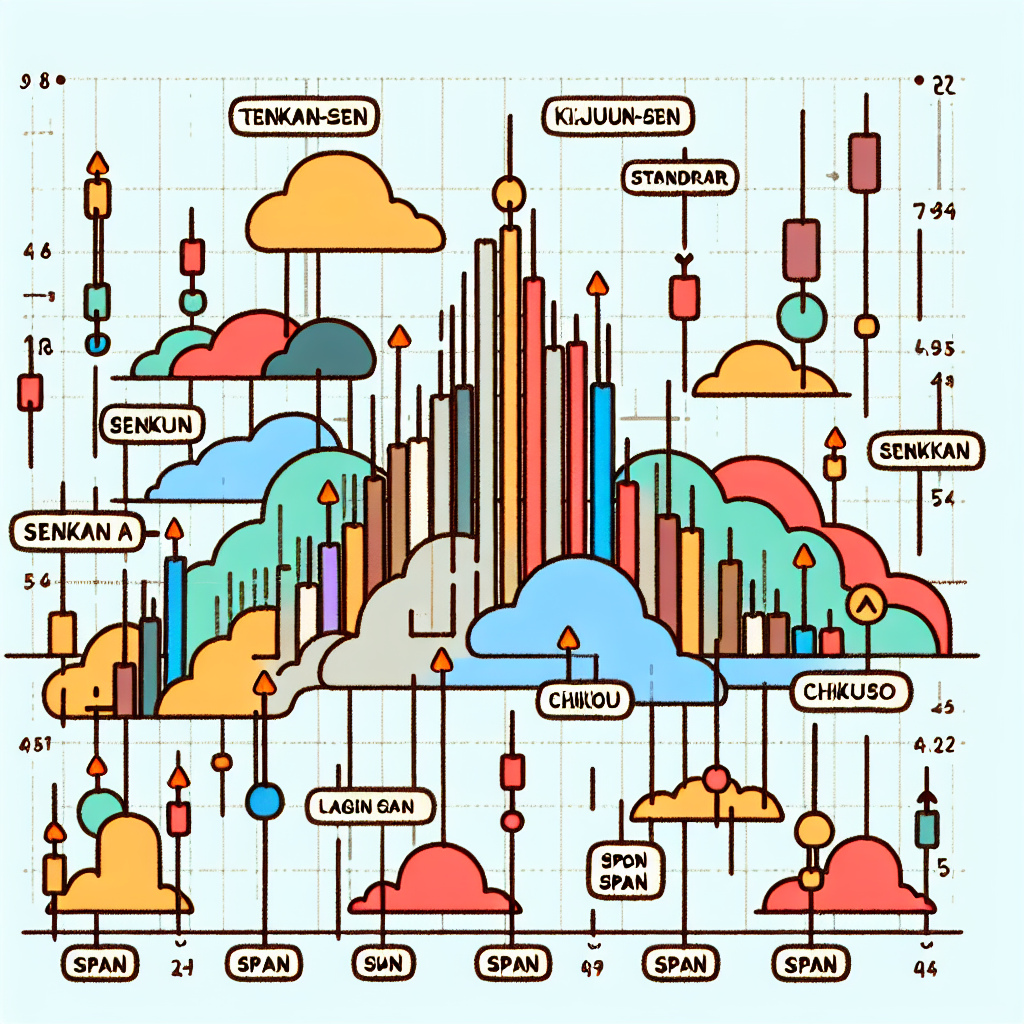
Blockchain Technology Developments
The Evolution of Blockchain Technology
Blockchain technology has come a long way since its inception with the creation of Bitcoin in 2009. Over the years, there have been significant developments in the blockchain space that have revolutionized various industries.
Increased Scalability
One of the main challenges of blockchain technology was its limited scalability. However, with the introduction of technologies such as sharding and sidechains, blockchain networks can now handle a higher volume of transactions per second, making them more suitable for enterprise use.
Interoperability
Interoperability between different blockchain networks has been a major focus for developers. Projects like Polkadot and Cosmos have emerged to create a framework for different blockchains to communicate with each other, allowing for seamless transfer of assets and data across multiple networks.
Use Cases of Blockchain Technology
Blockchain technology has found applications in various industries, from finance to healthcare to supply chain management. Here are some of the key use cases of blockchain technology:
Financial Services
Blockchain technology has disrupted the financial services industry by enabling faster, more secure, and cost-effective transactions. Cryptocurrencies like Bitcoin and Ethereum have gained popularity as alternative forms of payment and investment.
Supply Chain Management
Blockchain technology has been used to track and trace products along the supply chain, ensuring transparency and authenticity. Companies can use blockchain to verify the origin of products, reduce counterfeit goods, and improve overall supply chain efficiency.
Future Developments in Blockchain Technology
As blockchain technology continues to evolve, there are several key trends to watch out for in the future:
Decentralized Finance (DeFi)
Decentralized finance, or DeFi, is a fast-growing sector within the blockchain space that aims to recreate traditional financial services using blockchain technology. DeFi platforms allow users to borrow, lend, and trade assets without the need for intermediaries.
Non-Fungible Tokens (NFTs)
NFTs have gained popularity as a way to represent ownership of digital assets on the blockchain. Artists, musicians, and creators are using NFTs to tokenize their work and create new revenue streams.
Conclusion
Blockchain technology has come a long way since its inception, with significant developments in scalability, interoperability, and use cases across various industries. As the technology continues to evolve, we can expect to see even more innovative applications and trends emerge in the future.






